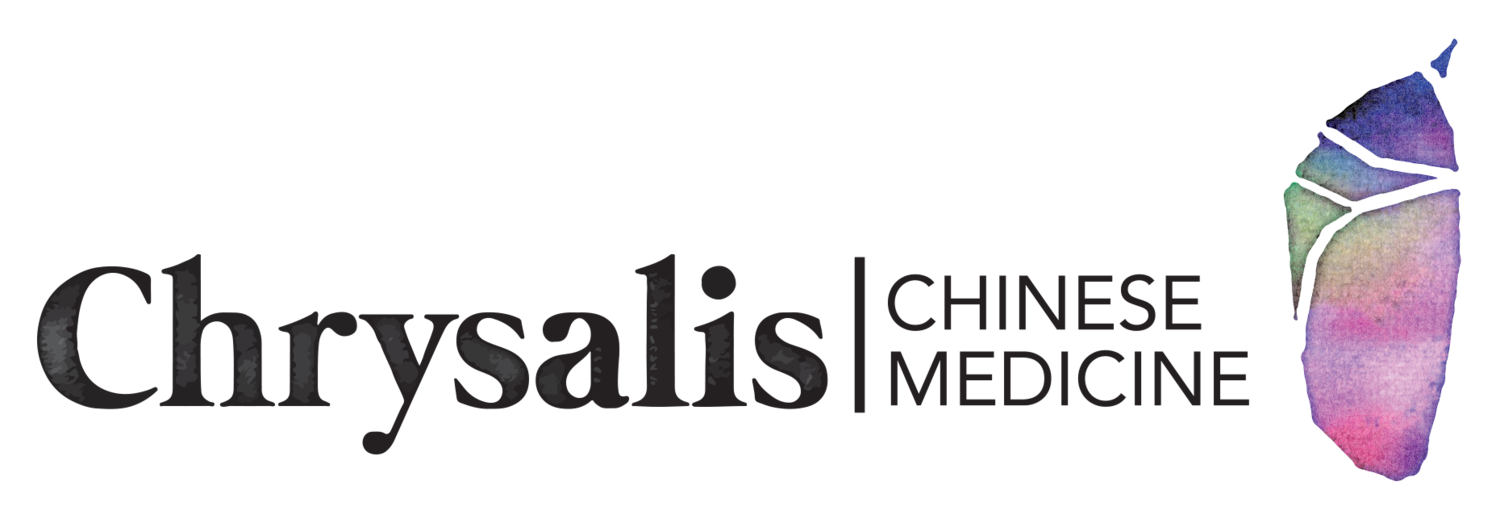Chinese Medicine dates back thousands of years, making it one of the oldest systems of healthcare in the world. It includes acupuncture, Chinese herbal medicine, ‘Yang Sheng’ which roughly translates to ‘nourishing life’ and includes diet and lifestyle advice, and other ancillary techniques including cupping, Gua Sha and massage.
Many have heard of the concept of Yin and Yang, a fundamental aspect of Chinese medicine. At its core, Yin and Yang is about harmony and balance, and in Chinese Medicine, good health relies on the maintenance and restoration of a balanced state.
There are many things that can throw this fine balance off, such as overwork or emotional stress, poor nutrition and eating habits, or physical injury being amongst some of the more common.
Diagnosis in Chinese Medicine is through the identification of distinct patterns of imbalance that are unique to the individual, and considers the person’s overall physical and emotional state. This approach seeks to understand how symptoms are seen in relation to one another, in order to not just address the symptoms, but also their root cause.
As well as Acupuncture, cupping and other bodywork, and herbal medicine, Chinese medicine has a strong history of Yang Sheng. This translates to ‘nourishing life’ and is about focusing on diet and lifestyle changes that support our bodies. It can include things like sleep hygiene, how and what we eat, exercise, mindfulness and meditation, as well as specific day-to-day changes tailored to your condition.
Traditionally, Chinese medicine has always been a whole system of medicine, meaning that no matter what a patient presents with (whether digestive complaints, the common cold or flu, physical pain, or gynaecological issues for example), there is a way to understand and diagnose this from a Chinese Medicine perspective.


